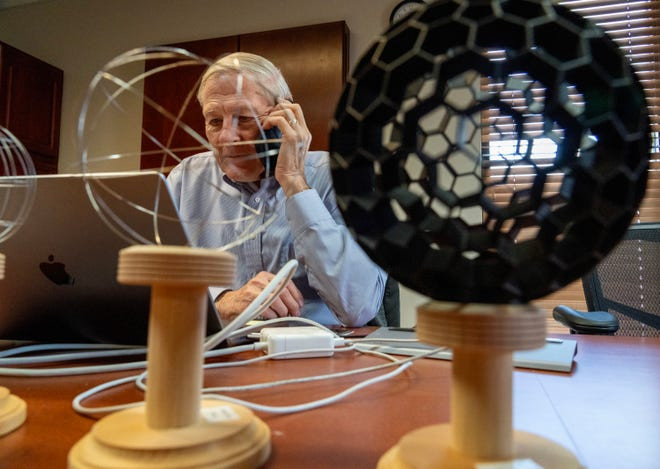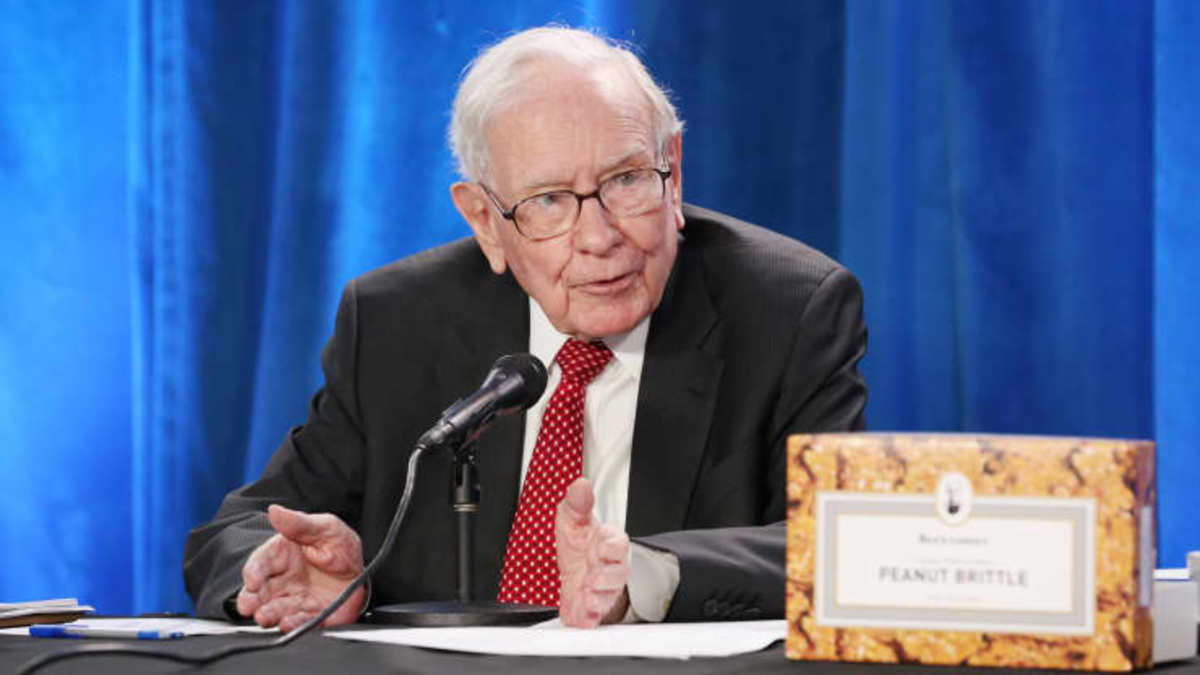Madison native Tom Farley Jr. knows the dangers of addiction, not just because he’s the older brother of actor-comedian Chris Farley, who died at age 33 of a drug overdose, but because he overcame substance abuse issues of his own. Tom Farley paid back in the past by creating the former Chris Farley Foundation and working with major behavioral health centers such as Rosecrance in Rockford, Illinois, but the latest endeavor of this Georgetown-educated marketer and finance professional has connected him with a tech company that recently scored in the top 4% of the annual Inc. 5000 “fastest-growing list.”
Recovery.com, with offices in downtown Madison and a worldwide platform that reaches 15,000 treatment centers, outpatient facilities, sober living homes and peer-support specialists, ranked 196th overall in the 2024 Inc. 5000 rankings of private companies with a three-year revenue growth rate of 2,018%. That was second in Wisconsin only behind Carbliss, the Plymouth-based maker of zero-sugar, zero-carbohydrate cocktails. Carbliss was seventh on the Inc. list with an eye-popping 27,174% three-year growth rate. About three dozen other Wisconsin companies from a mix of sectors also made the Inc. list.
It was the Recovery.com model that struck a chord with Farley, who realizes how difficult it can be to talk honestly about addiction within families — and just as challenging for families hoping to find credible information that doesn’t steer them in a single direction from the start. “That’s where Recovery.com comes in by hopefully eliminating some of the guesswork,” said Farley, who joined the company this year as community outreach director.
Finding the Right Match for Addiction Treatment
Launched in 2017 as RehabPath, Recovery.com is basically an online index of potential mental health and addiction resources. It’s not a treatment source itself, but a resource hub that can help people find the right match. Think Car Gurus or TripAdvisor. An estimated 90% of Americans have access to insurance that covers mental or behavioral health, but a small percentage of them act on it when needed. Recovery.com helps through independent research that posts treatment options by type, location, insurance type and more. Its revenue model is mainly advertising-based, according to co-founder and chief executive officer Ben Camp.
Reaching a Large Audience
About 150,000 people visit the website in a typical month (Mondays are peak days for addiction searches, not surprisingly) and roughly one in seven searches result in a patient-provider connection of some sort. Among the company’s 65 employees are people who work on building “profiles” on treatment centers and related sources so online searchers can find richer, more trusted data. Some residential centers are as small as six beds; some are 300 beds and larger. Many users like to see photos of such centers as a part of getting more comfortable with such settings. Other options are there for people who don’t think a center is right for them or a family member.
A Wide Range of Needs
Substance addiction in many forms — alcohol, opioids, fentanyl and more — can lead people or their family members to search the site, Camp said, but it’s not limited to those behavioral problems. Depression, eating disorders, gaming addiction, sex addiction, anxiety and trauma can also be a part of the mix. “We see recovery as an all-inclusive term,” Camp said.
Global Expansion and Impact
Launched in Madison with early venture capital support from HealthX Ventures, a firm that specializes in digital health investments, the company gained an early foothold in India, which has a massive population and a large English-speaking population. “We learned a lot through our presence there,” Camp said. It’s sadly too late for a platform such as Recovery.com to help the late Chris Farley, who made a handful of movies and spent five seasons with “Saturday Night Live,” but brother Tom believes the potential is there to prevent heartbreak in many other families.
Taking the Fear Out of Seeking Help
“When it comes to looking for help, I think one of our strengths is we can take the fear out of it,” Farley said. That sounds like a good start.


















